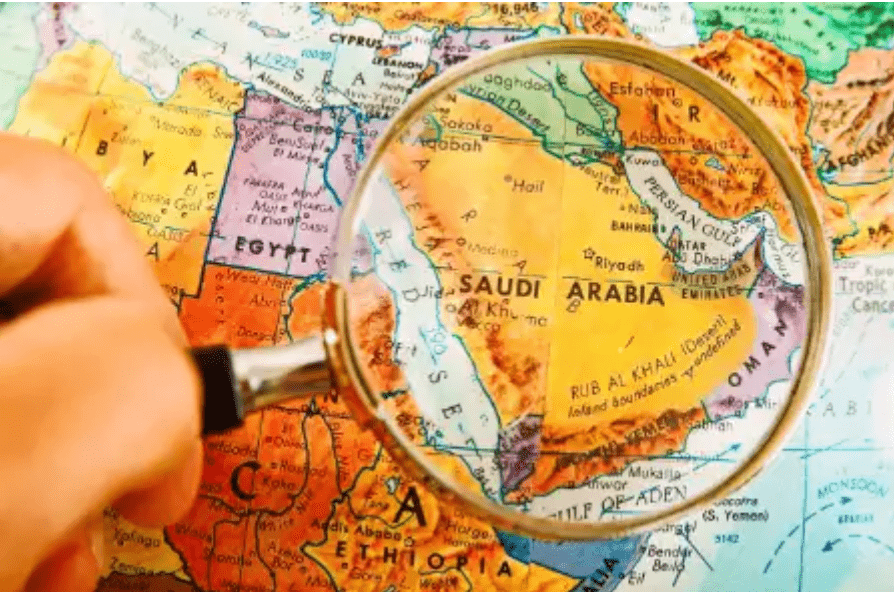Iran’s new naval alliance may be ambitious, but India has to be cautious of China’s expanding influence in the Middle East.

In addition to Saudi Arabia, three other Gulf nations, and, strangely, India and Pakistan, Iran has announced the formation of a naval alliance. Even if the specifics of this agreement have not yet been made public, it still signals a fundamental geopolitical change taking place in the Middle East. Following a March agreement between Tehran and Riyadh that was negotiated by Beijing, Iran has been attempting to repair its ties with numerous Gulf Arab countries. Results of these efforts may already be visible, such as Bashar al-Assad of Syria rejoining the Arab League.
Here, there are two crucial dynamics. First, it seems that Iran and Saudi Arabia are now realizing that their proxy war in the area is hurting both of them. Both Riyadh and Tehran are considering fresh strategies to control regional tensions. Second, the United States has been turning its attention away from the Middle East and toward East Asia. Washington’s reputation as a regional issue solution has therefore diminished. On the other hand, the US has come seen as untrustworthy as a result of Trump’s decision to pull out of the Iran nuclear agreement and Biden’s refusal to rejoin.
China enters the picture with its intentions for regional economic cooperation. Additionally, Middle Eastern governments are uneasy about Washington’s promise to form an alliance of democracies to oppose autocracies in the aftermath of the Ukraine conflict. However, India, which depends on the Middle East for oil and the remittance economy, would suffer if China’s influence expands in this region. It would be far more comfortable for New Delhi to cooperate with Washington in the area. As a result, it should support I2U2 (India, Israel, US, and UAE) platforms as they continue to play the Middle East game and face off against China.






